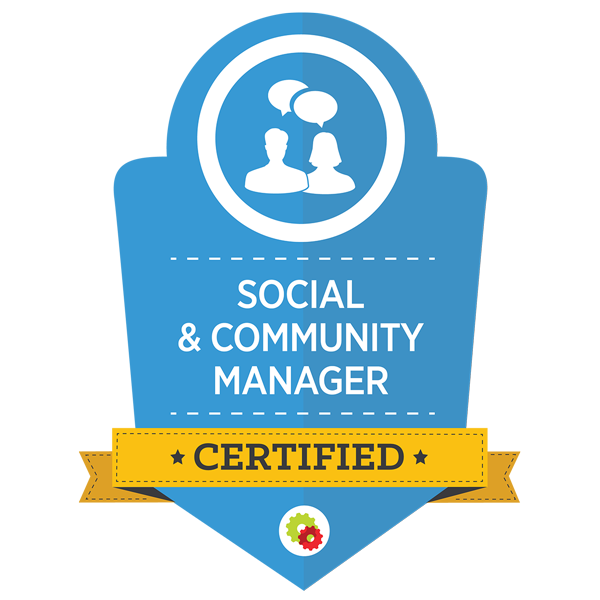A
B
Blogger - Owned by the tech giant Google, Blogger is one of the easiest blogging platforms out there. It includes a super simple web-based post editor, and you can have up to 100 blogs per account. Blogger also has options for viewing detailed stats, such as monthly page-views, traffic sources etc. for your blog. Oh, and there is full integration with Google's AdSense program as well, for easy monetization. Lastly, all the regular blog features such as multi-user support (with permissions), posting via email, and comments are supported too.
Blogging for Dummies - ebook PDF
C
D
E
F
G
Ghost - The result of a successful Kickstarter funding campaign, Ghost is an open source blogging platform that's intended to make writing and publishing content simple. Ghost is based on the Node.js run time environment, which makes it extremely fast and responsive. Like WordPress, Ghost is also available in two variants, a web server hosted package (starting at $19/month), or a self hosted one ($5-10/month). Ghost is in active development, with features such as third party apps, post analytics, and developer tools in the pipeline.
Joe Dan Gorman - Intellectual Froglegs Blogger
H
How-To Guides
How To Start a Blog - Beginner's Guide for 2018 from Blogging Basics 101
STARTING YOUR FIRST BLOG IN 2018 - The "How To" Guide from blogging.com
How to Start a Blog - The Ultimate Beginners Guide from The Penny Hoarder
I
J
K
L
M
Medium - Founded by the ex-chairman and CEO of Twitter, Medium has quickly risen to become one of the most popular blogging platforms in less than four years. It's distinctly unique from the other blogging services, in a sense that it focuses more on factors such as quality of content, and how published stories connect with the readers, as opposed to statistics like page-views and traffic—great for people who love to write and appreciate good words, Medium sports a minimalistic text editor, and has features such as keyboard shortcuts, sharing links, and the ability to set visibility, tags etc. for articles. You can even import posts from other services, as well as tag, follow your favorite authors. There's also support for setting up custom domains.
N
O
P
Postach.io - Turn your Evernote notebook into a blog.
Q
R
S
Soup - It may be oddly named, but Soup almost exactly mirrors Tumblr in both user interface and features. From texts to quotes, and from images to videos, it lets you post everything, and then some more. It can directly import posts from a large variety of social networks (e.g. Twitter, Reddit, SoundCloud), and lets you automatically publish posts to Facebook too. Also, you can point your custom domain to your Soup micro-blog easily. There are many Soup groups (based on topics like animals, TV shows etc.) that users can join and post to, thus creating a collaborative stream of posts.
T
Tumblr - A blogging social network
U
V
W
Wordpress
Wordpress.com - Not the same as wordpress.org
Wordpress.org - The two following articles might help clear up the confusion:
wordpress.com vs. wordpress.org - a tutorial at ithemes
wordpress.com vs. wordpress.org : 4 major differences - some information from Start Blogging Online



















